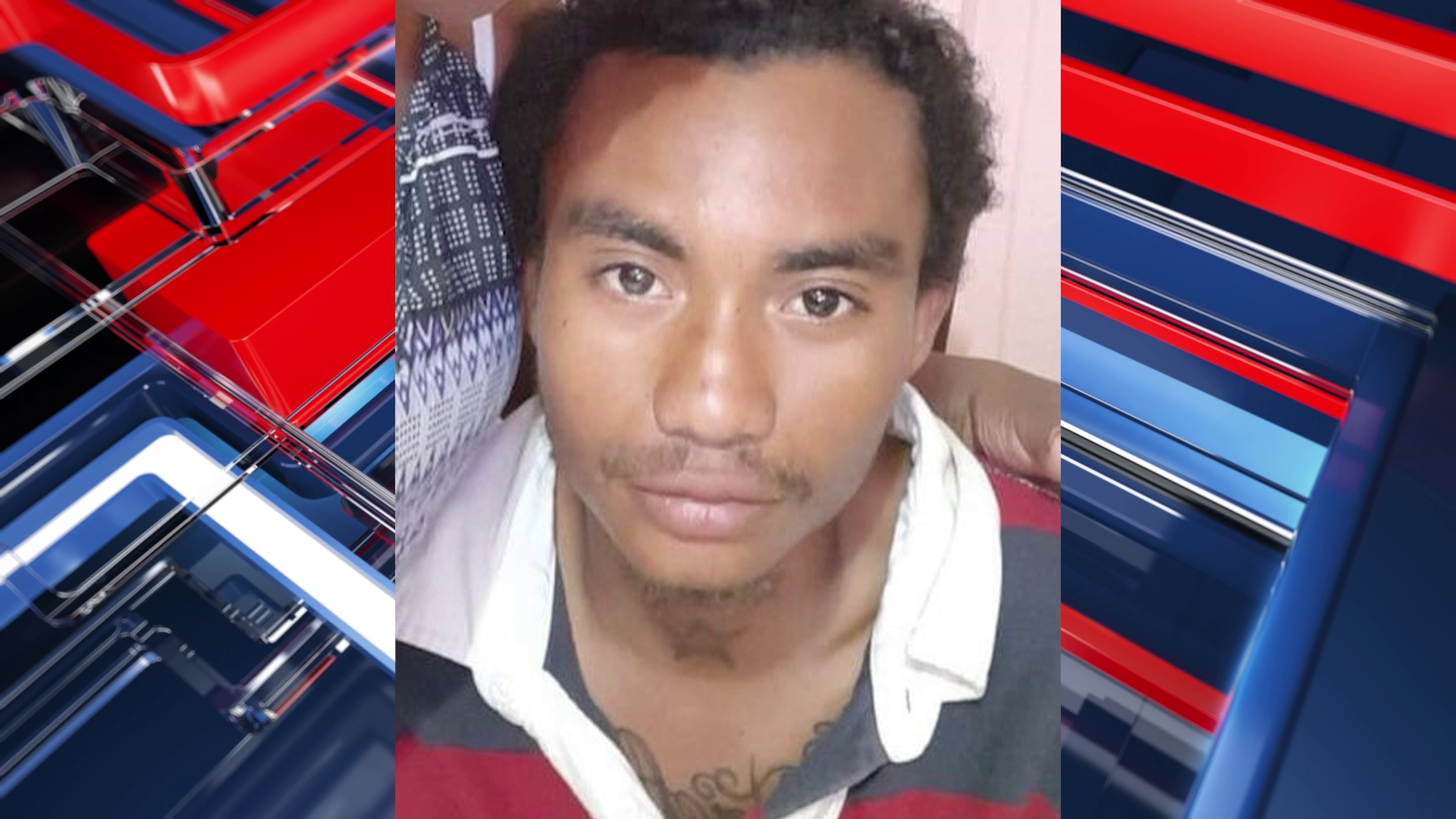Tonight, a tragic story out of the Belize Central Prison is raising serious questions about how the justice system handles individuals with mental health challenges. Twenty-six-year-old Tyreick Rodriguez, a well-known mental health patient, was sentenced to one week in prison, not for a violent crime, but for riding a bicycle without a headlamp. He was later remanded after being found with just point-three grams of suspected cocaine. Rodriguez arrived at the Kolbe Foundation on Monday. By Thursday, he was found dead inside his cell, having taken his own life. His death has left many in shock and angered members of the public, who are now asking: Why was a mentally ill man sent to prison instead of being placed in a mental health facility? We reached out to Virgilio Murillo, C.E.O. of the Kolbe Foundation, to learn more about the circumstances surrounding Rodriguez’s death. Here’s what he had to say.
On the Phone: Virgillo Murillo, C.E.O, Kolbe Foundation
“He was admitted into prison on the nineteenth, which is Monday gone. He had a conviction of one week for riding a bicycle without a headlamp. And he was remanded on a charge of possession of a controlled drug. So, it would indicate that because today the police would not arrest you for small quantities of marijuana, below ten grams, because it has been decriminalized. Thos are the charges he came into prison with. He was admitted on the nineteenth and by the twenty-second before we even got a chance to familiarize ourselves with him, he took his own life unfortunately.”
Paul Lopez
“What was the conditions that he was subjected to at the prison?”
On the Phone: Virgillo Murillo
“Well, he was a mentally challenged prisoner and was placed in a psychiatric cell. That is the only condition we can subject a mentally challenged person to. He was being observed, because this is the first time he was in prison. Maybe he had been arrested before, but this is the first time he came to the facility.”
